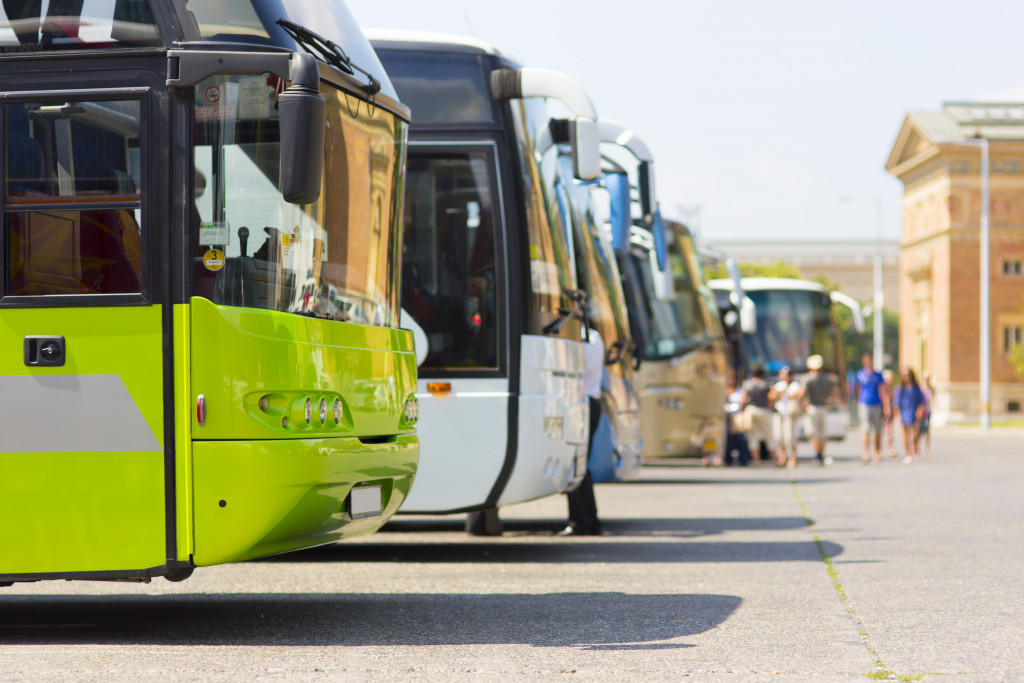- Safety is paramount in planning school field trips, emphasizing location research, transportation, and sufficient chaperones.
- Field trips should offer strong educational value, aligning with the curriculum and expanding students’ knowledge through immersive experiences.
- Logistics, including transportation and student preparation, require detailed planning for a successful field trip.
- Budgeting for field trips should aim at affordability, with transparency in cost communication, and consider fundraising or sponsorship to offset expenses.
- Permissions from parents and relevant authorities are critical, ensuring legal compliance and safeguarding against potential liabilities.
When planning for a school field trip, there are several key considerations that you need to keep in mind. The top priorities are ensuring students’ safety, educational value, logistics, and budget, and gaining necessary permissions. Each factor is pivotal in making the trip a successful and meaningful experience for all involved.
Ensuring Student Safety
Ensuring student safety is the foremost concern in any school field trip. It’s crucial to conduct thorough research on the trip location, transportation methods, and emergency protocols well in advance. Furthermore, it’s imperative to have sufficient chaperones or supervisory personnel present to ensure the safety of the students.
This is particularly important in the event of an unforeseen circumstance or emergency. Clear communication with parents about the safety measures in place also goes a long way in ensuring peace of mind for all involved.
Educational Value
The educational value of a field trip cannot be overstated. This is not just an opportunity for students to have fun, but also a chance for them to learn in a hands-on and immersive manner. The destination should ideally align with the curriculum, providing a practical extension of classroom learning.
Whether it’s a museum, a science center, a historical site, or a nature reserve, the venue must offer educational experiences that expand the student’s knowledge and understanding of the subject matter. Moreover, post-trip follow-ups with activities or discussions can reinforce the learning outcomes from the trip.
Logistics
Logistics for a school field trip require thorough planning and coordination. Here are some of the key considerations:
Budget

The budget for a school field trip is crucial and requires careful planning. Costs may include transportation, food, admission fees, and additional resources. Schools should aim to provide an enriching experience that is also economically feasible for all participating students.
Fundraising initiatives or seeking sponsorship can be viable options to offset the costs. Moreover, a detailed and transparent budget should be communicated to parents in advance, ensuring no hidden expenses or last-minute financial surprises. When done effectively, budgeting can ensure a smooth and enjoyable field trip experience for all involved.
Permissions
Obtaining the necessary permissions is critical to planning for a school field trip. Consent forms must be distributed to parents or guardians well in advance, clearly stating the trip’s purpose, destination, duration, and other relevant details. Getting permission from the relevant authorities for the chosen venue or destination is also imperative.
This step ensures legal compliance and safeguards the school against potential liabilities. Always keep a record of signed forms and permissions for reference. Properly securing permissions not only establishes transparency but also improves the overall organization and safety of the trip.
Transportation

Organizing transportation for a school field trip is a significant element that demands careful planning. The chosen method needs to be safe, efficient, and affordable. Renting a reliable school bus fleet can often be the most practical solution. This ensures enough seats for all students and provides an environment familiar to young learners.
Additionally, professional drivers experienced in transporting school groups add an extra layer of safety and peace of mind. Therefore, when considering transportation, a reliable school bus fleet should be a top consideration for its convenience and safety features.
Student Preparation
Proper student preparation is instrumental for a successful school field trip. Before the trip, students should be briefed about the itinerary, rules, and expected behavior. Providing them with an overview of what they will experience can ignite their interest and promote active participation.
Additionally, giving students a clear understanding of the safety procedures, emergency contact details, and what to bring along (like food, water, or specific materials) is critical. Proper student preparation can significantly enhance the overall experience of the field trip, making it both enjoyable and educational.
In conclusion, planning a successful school field trip is a multifaceted process, with the main components of safety, education, logistics, budget, and permissions. Paying meticulous attention to these aspects can create an enriching, enjoyable, and memorable experience for your students. So, start planning your next educational adventure today and witness firsthand the positive impact such experiences can have on your students’ learning.



